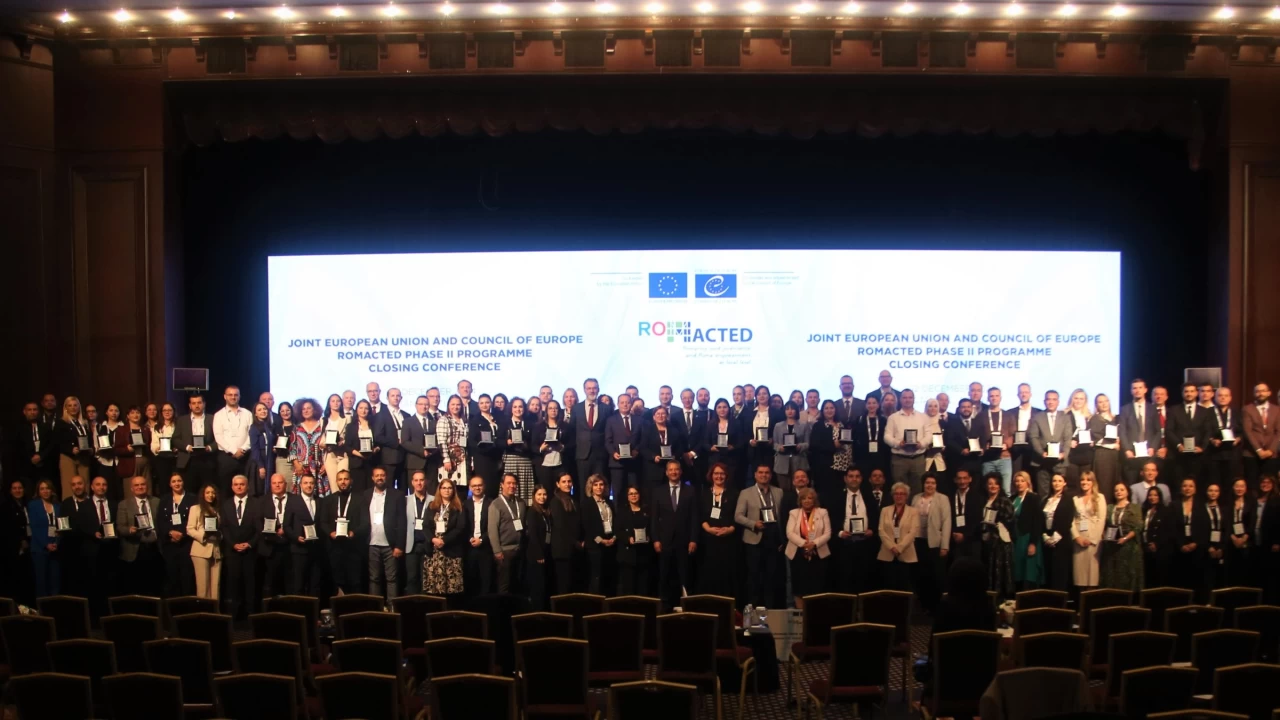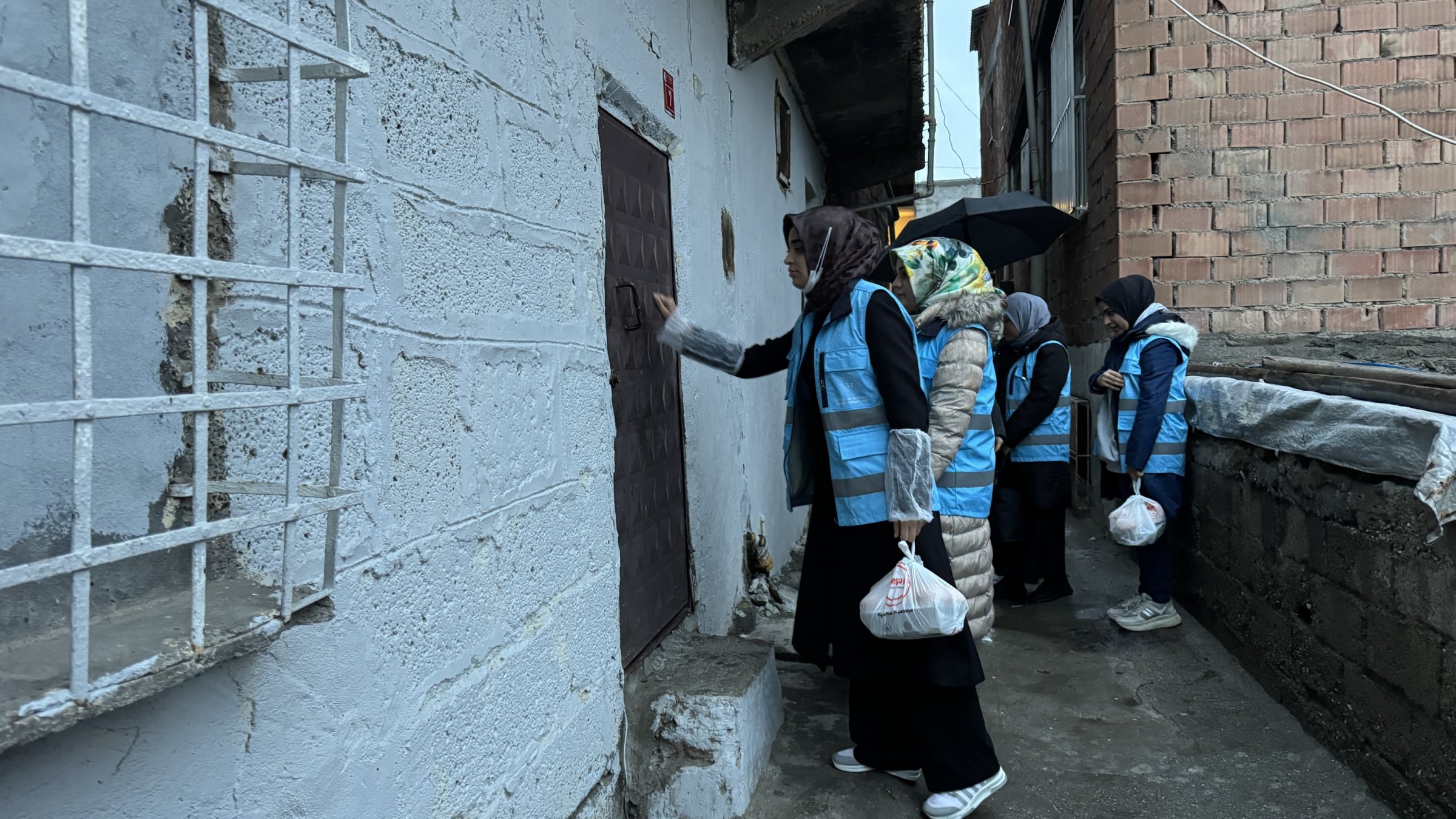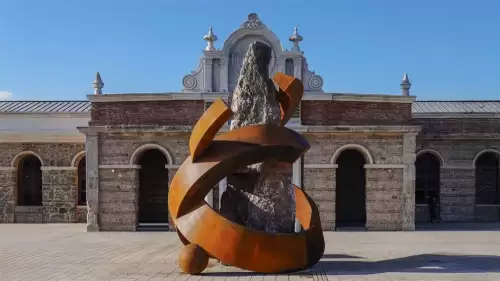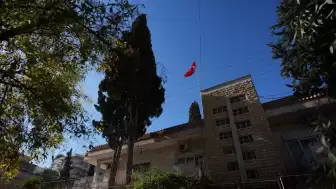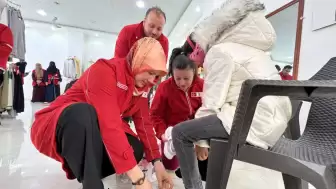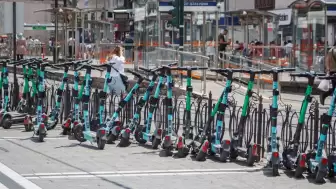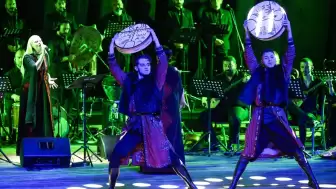ROMACTED II Conference Concludes in Istanbul
The final conference of the European Union and Council of Europe's joint program “ROMACTED II: Promoting Good Governance and Roma Empowerment at Local Level” wrapped up in Istanbul on Dec. 12, marking the culmination of a collaborative effort to advance inclusion and empowerment.
High-Level Participation and Reflection
The event saw the participation of over 200 individuals, including representatives from the Council of Europe, the European Commission, local officials, Romani community leaders, and civil society organizations from the Western Balkans and Türkiye, coming together to reflect on the program's successes and explore strategies for sustaining its positive impact.
Welcoming Remarks and Commitment to Inclusion
Hallvard Gorseth, head of the Anti-discrimination Department at the Council of Europe, opened the conference with remarks underscoring the importance of anti-discrimination efforts in the region. Laurent Guirkinger, first counselor of the European Union Delegation to Türkiye, reaffirmed the EU's dedication to supporting initiatives that promote inclusion and empowerment.
Regional Cooperation and Local Engagement
Tomislav Zigmanov, Serbia's minister for human and minority rights and social dialogue, lauded the regional cooperation facilitated by the ROMACTED Program. Mayor Resul Emrah Şahan of Şişli Municipality emphasized the significance of local-level engagement in enhancing the well-being of the Romani community.
EU Support for Romani Communities
Enrica Chiozza, head of the Sector for Civil Society, Social Inclusion, and Human Capital Development at the European Commission, discussed the EU's efforts to assist Romani communities in Türkiye and the Western Balkans, highlighting the importance of ongoing support for marginalized groups.
Key Achievements and Human Rights Advancements
Claus Neukirch, director of program coordination at the Council of Europe, provided an overview of ROMACTED II’s accomplishments in advancing human rights and fostering inclusion across the region. He emphasized the active involvement of Romani communities in identifying their needs and working towards positive change.
Empowering Romani Communities and Fostering Dialogue
In an interview, Neukirch praised the program's success in empowering Romani communities to engage with local authorities and participate actively in decision-making processes. By involving Roma individuals in project implementation and decision-making, the program has contributed to bridging gaps and promoting dialogue.
Focus on Youth Empowerment and Participation
While ROMACTED II did not specifically target youth, Neukirch highlighted the importance of initiatives focusing on Roma youth within the Council of Europe. By providing spaces for youth engagement and participation in community centers, municipalities can support young individuals in becoming active citizens and contributors to local governance.

